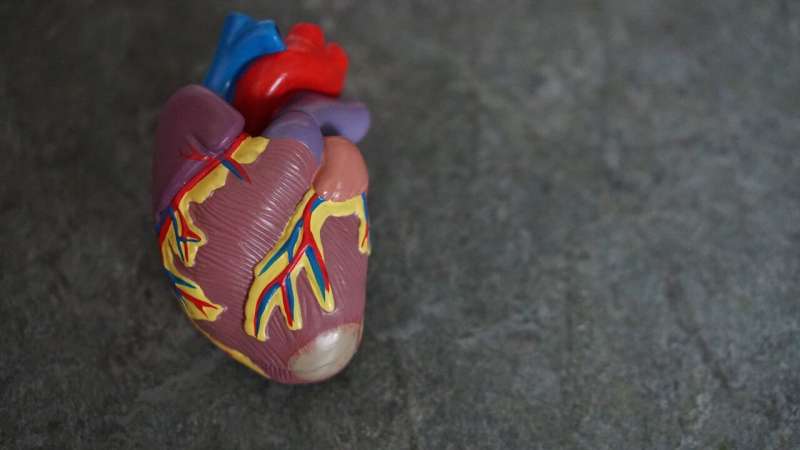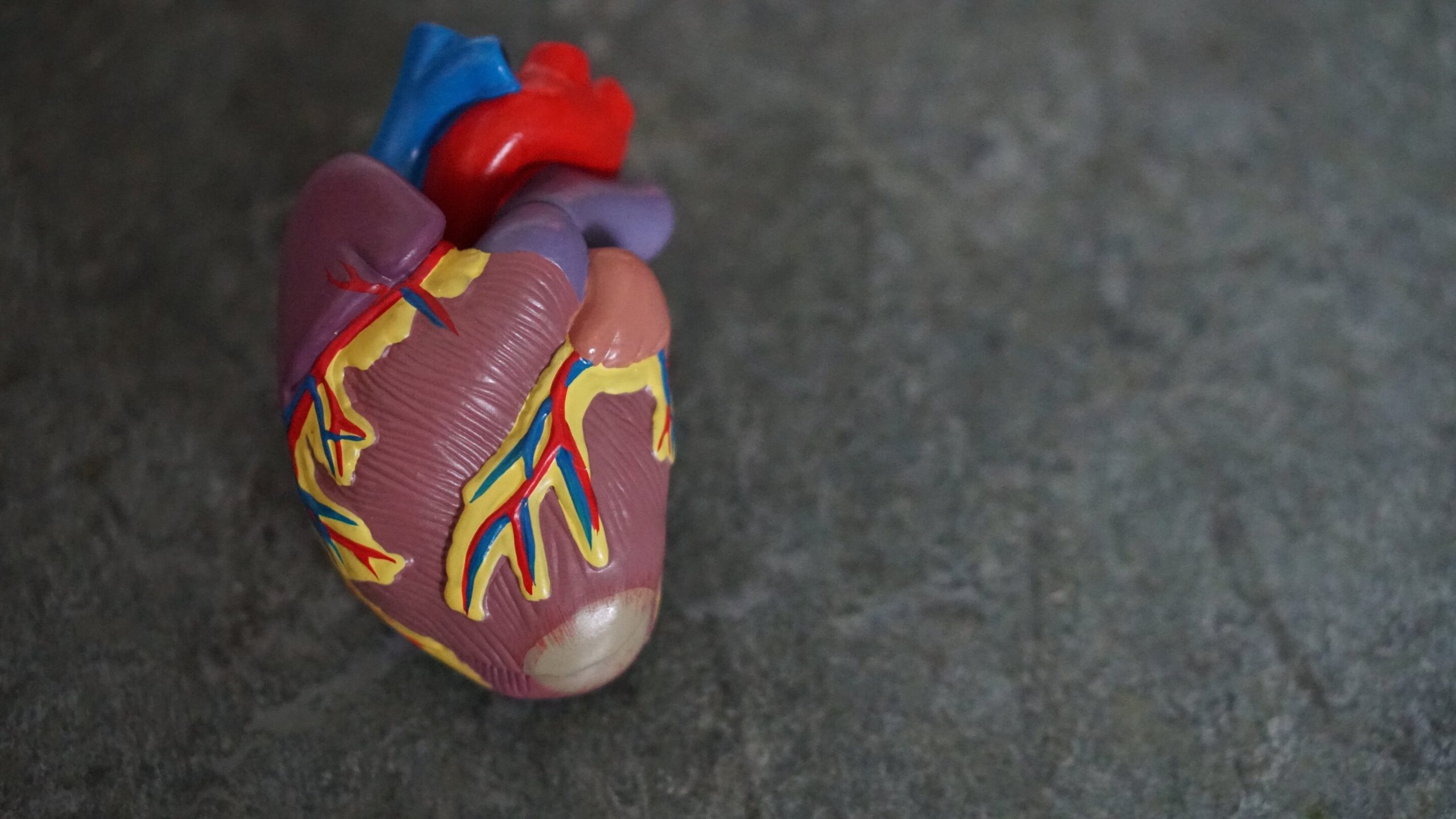
A study by scientists at deCODE genetics and collaborators in Denmark and the U.S., on the genetics of accessory conduction pathways in the heart (Wolff-Parkinson-White syndrome), reveals that accessory pathways can cause rhythm disturbances, characterized by an overly fast heartbeat, which can be life-threatening.
The study was published in JAMA Cardiology.
Accessory pathways are found among around 0.3% of individuals, but their prevalence is likely higher as a majority of them do not cause symptoms that lead to diagnosis. It is believed that other individual factors can influence the likelihood of developing rhythm disturbances in the presence of accessory pathways.
The results of the genetic study showed that three sequence variants, two in the gene CCDC141 and one in the gene SCN10A, affect the accessory pathways and consequent rhythm disturbances. The variants are common, with frequencies ranging from 3–62%. The variants also associate with increased conduction velocity in the atria, and heart rate regulation, supporting the notion that these factors influence the risk of rhythm disturbances among those with accessory pathways.
While medical therapy can reduce the risk of rhythm disturbances, the only definitive treatment for accessory pathways is to ablate the pathway. This procedure is not without risks, and therefore risk assessment is a key factor in treatment choice. Knowledge about the genetics of accessory pathways and their consequences is limited, but such information could prove useful for risk assessment.
More information:
Genome-wide Association Study of Accessory Atrioventricular Pathways, JAMA Cardiology (2024). DOI: 10.1001/jamacardio.2024.2684
Provided by
deCODE genetics
Citation:
Three common variants increase the risk of Wolff-Parkinson-White syndrome: Study (2024, September 4)
retrieved 4 September 2024
from https://medicalxpress.com/news/2024-09-common-variants-wolff-parkinson-white.html
This document is subject to copyright. Apart from any fair dealing for the purpose of private study or research, no
part may be reproduced without the written permission. The content is provided for information purposes only.


